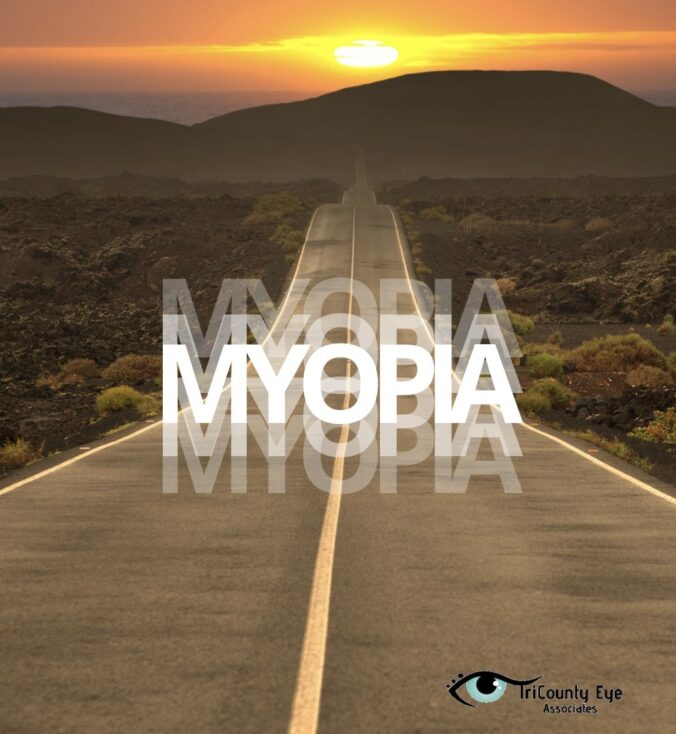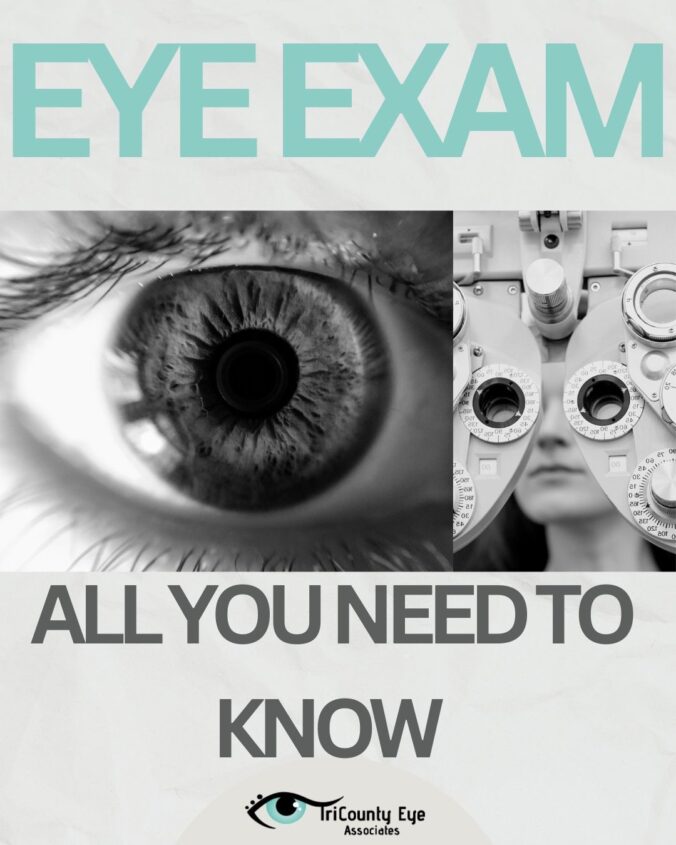We have talked about this topic on our blog before, but it has been a little while so we thought it would be good idea to re-visit it this month. According to the AAO this disorder is on the rise for several decades. They estimate that by 2050, almost HALF of the worlds population will have nearsightedness. So lets take a look at what this disorder is and how to treat or prevent it.
What is Myopia?
Myopia is commonly referred to as nearsightedness. It is when objects up close look clear but objects in the distance are blurry. So it may be easy to read something like a restaurant menu, but when you are driving you are unable to read road signs that are far away.
Myopia is currently categorized into two levels, either high or low myopia. You can be diagnosed with either and your eye doctor will prescribe the best contacts of glass lenses to correct your vision for you.
Usually if children are diagnosed with myopia, their level will rise but can level off in their twenties.
How to tell if you have Myopia?
There are some symptoms you could be experiencing that might be because of myopia. These include:
- Headaches
- Eyestrain
- Squinting
- Difficulty seeing things that are far away
- Blurry Vision
Of course the most effective way to find out if you or your child have myopia would be to schedule an eye exam and let an eye doctor diagnose it.
What Causes Myopia?
If you have myopia, then the shape of your eye is preventing light from bending so that the light is not landing on your retina. In an eye without myopia, the cornea and lens will work together to bend the light you see and have it land directly on the retina. The retina will then send a signal to your brain which allows you to see.
If your cornea is curved too steeply or if your eye is longer than normal it can cause the light rays you are seeing to not fall on your retina which then makes it harder to see.
How is Myopia Treated?
The easiest way to treat myopia is with glasses or contacts. After an eye exam, your eye doctor will prescribe a lens that will help to correct your vision. Your prescriptions will change over time, which is why it is important to see your eye doctor each year. They can change your glasses or contacts to better correct your vision as your vision changes.
There are also surgeries that you could be a candidate for. Theses types of surgeries are called refractive surgeries and include:
- LASIK
- Epi-LASIK
- PRK
- SMILE
Refractive surgeries an ophthalmologist removes the natural lens inside your eye and replaces it with an artificial lens. The new lens helps to aim the light at the retina to help you see more clearly.
Can Myopia be Prevented?
There is some research to support being able to prevent myopia from progressing and one of the theories is to encourage children to spend more time outdoors. Balancing indoor and outdoor time can help protect against myopia.
The best way to combat any eye disorder is to regularly see your eye doctor. If you or your children are experiencing any of the above symptoms we described, call us today to make your appointment!


